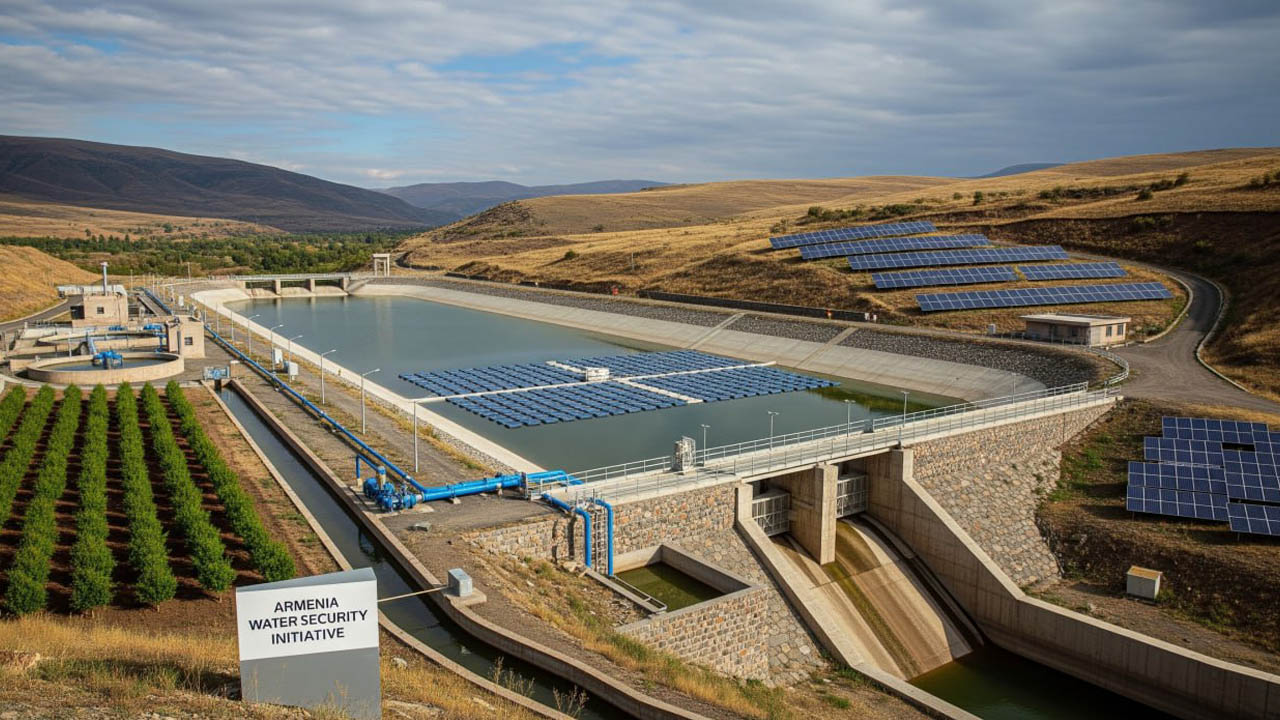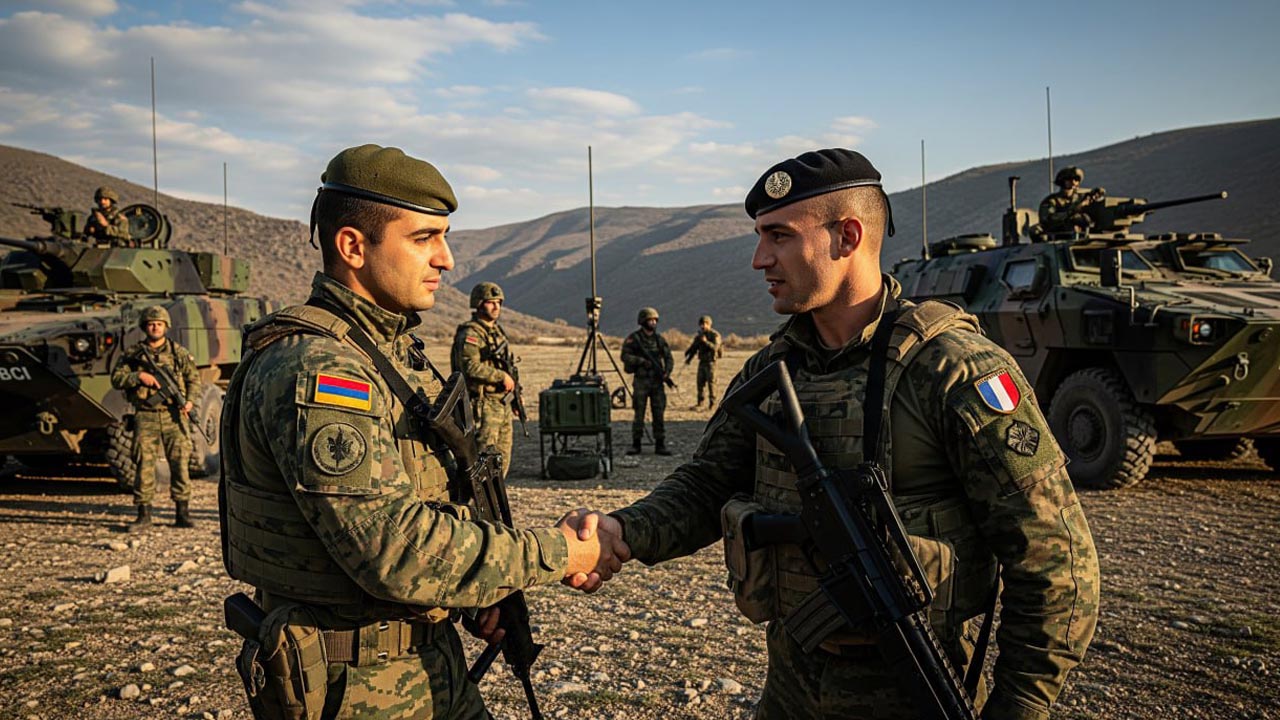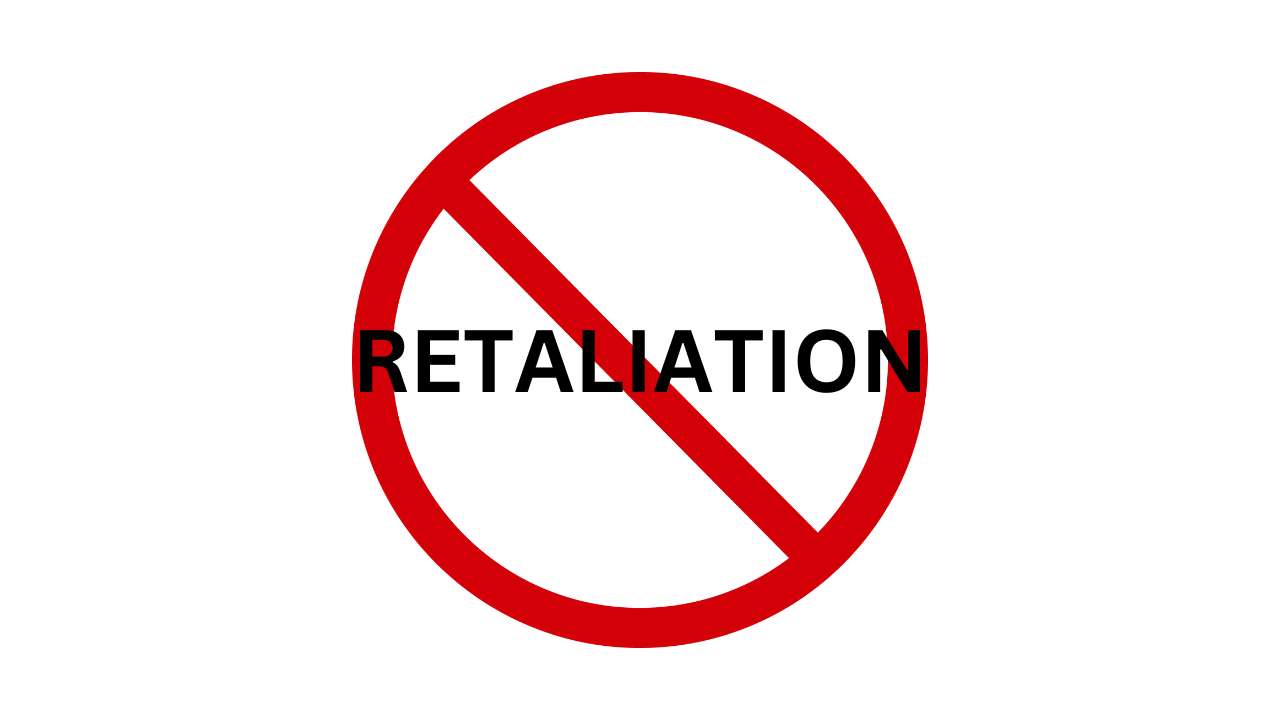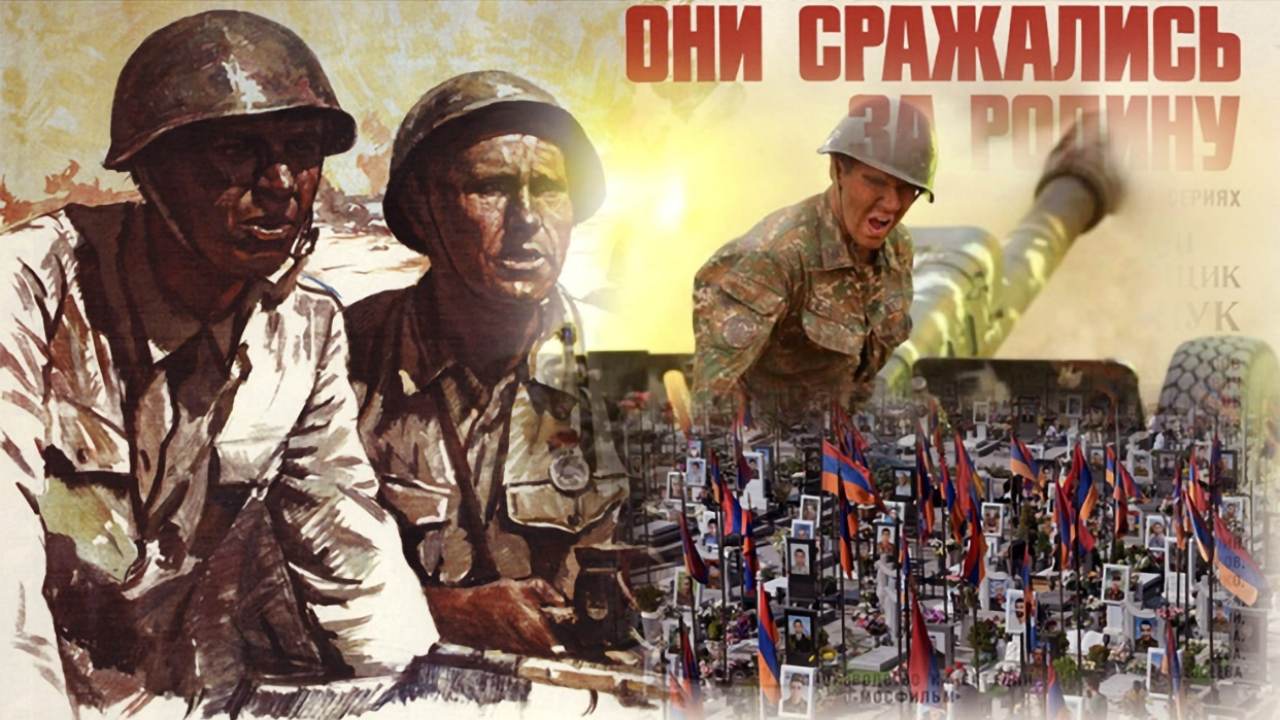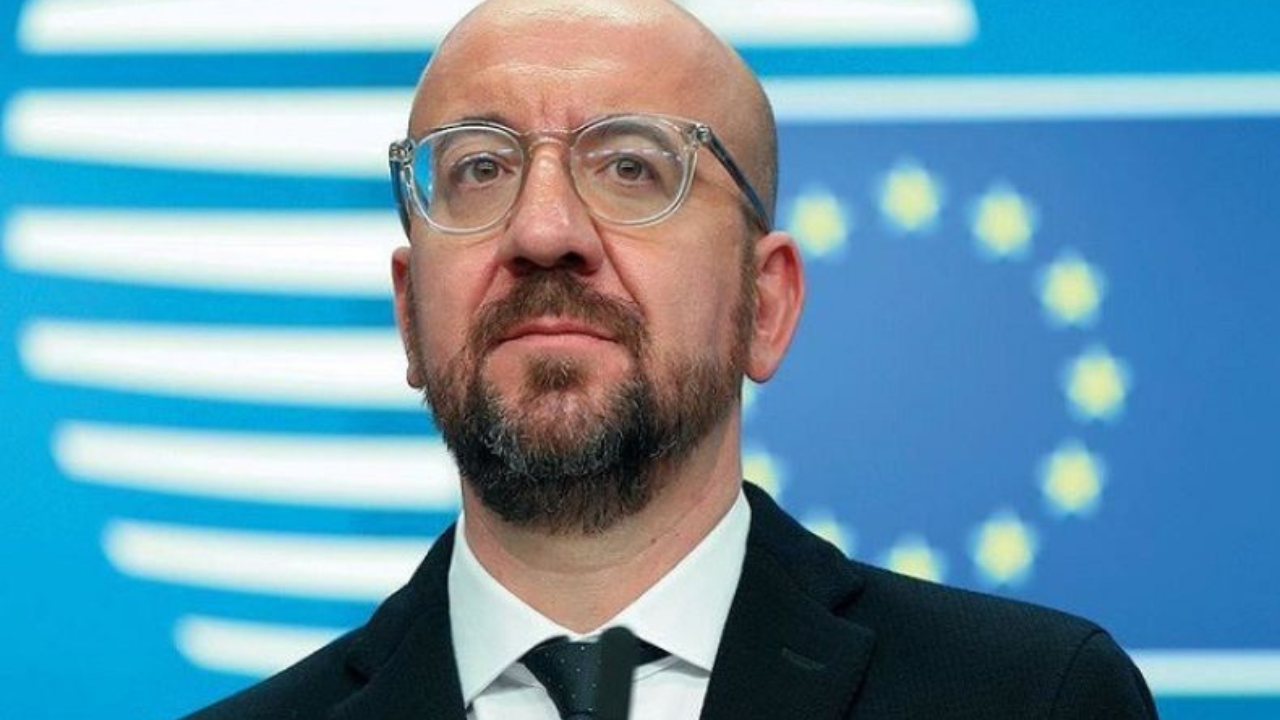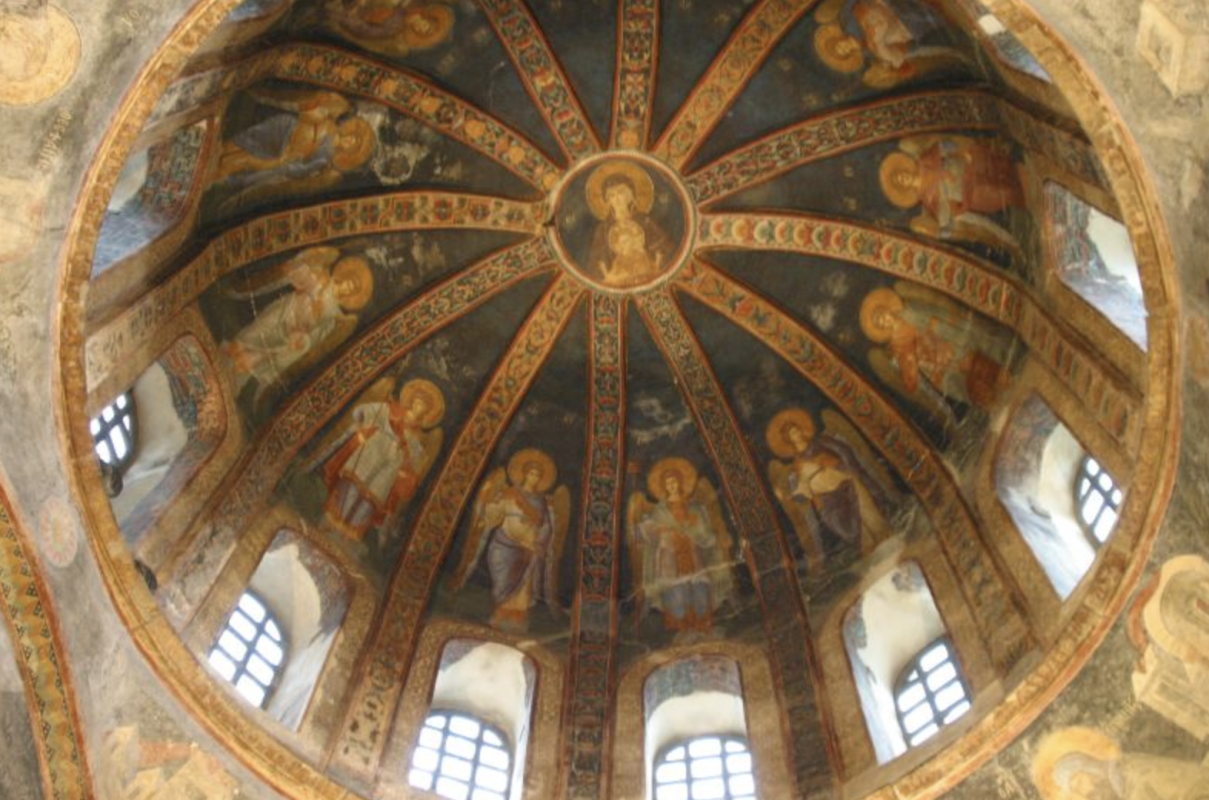
RA, Artsakh, Diaspora
Water security and climate-resilient storage in Armenia
Water security and climate-resilient storage in Armenia
Harutyunyan T.
Armenia is increasingly...
Armenia–France defense cooperation։ strategic realignment in the South Caucasus
Harutyunyan T.
Introduction
The geopolitical landscape of the South Caucasus...
Reticence to retaliate
The ceasefire in 2020 that ended the Second Artsakh War (44-Day War) instigated a post war examination, including research to better understand Armenia’s political and military failures.
Armenia on the map of “War and Peace”
Based on answers to the question "Would you fight for your country?" of the survey, conducted in 2023 by the Gallup International in 45 countries, including Armenia, the map of «War and Peace» is constructed.
Would you fight for your country?
The article presents results of the “Global Barometer of Hope and Despair”; survey, conducted in 2023 by the Gallup International Association in 45 countries, including Armenia.
A look to the future: key takeaways from Armenia’s recent political & military failures
Following the ceasefire in 2020 that ended the Second Karabakh war between Azerbaijan on the one side and the de-facto Nagorno-Karabakh (Artsakh) Republic and Armenia on the other, military-political leadership in Armenia, inclusive of local institutes as well as diasporan initiatives, have pushed for more research to improve security policy, models of deterrence and doctrinal approaches to Armenian national strategic objectives.
Will Pashinyan return from Brussels “with peace for an entire generation”?
A joint meeting between RA Prime Minister Nikol Pashinyan, European Commission President Ursula von der Leyen and US Secretary of State Anthony Blinken is scheduled to be held on April 5, 2024, in Brussels.
“Democratic Standards” by Charles Michel
On March 15-17 the presidential elections were held in the Russian Federation, according to which the incumbent head of state Vladimir Putin received 87,28% of the votes.
Environmental aspects of Azerbaijan’s foreign policy towards Armenia and Georgia
On February 28, 2024, at the session of the Milli Majlis of the Republic of Azerbaijan, Sadig Gurbanov, Chairman of the Parliamentary Committee on Natural Resources, Energy and Ecology, stated that most of the water entering Azerbaijan through the Kura River is polluted by Georgia and Armenia.
Turkey continues policy of Christianophobia
According to the decree of the Turkish president, the famous Chorа church – the Greek monastery of the Byzantine Empire – will be opened as a mosque on 23.02.2024.
